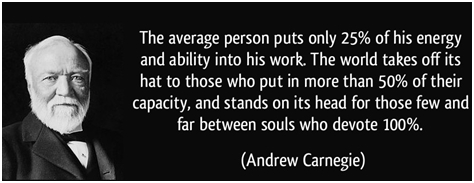
What does “self-fulfilling prophecy” have to do with good education and helping your kids succeed? Everything!
To raise our children to be successful, happy, healthy and productive grownups, we need a holistic approach. Yet our society and education system take a different approach. Governments spend billions of dollars every year to establish and run educational institutes where kids learn literacy and numeracy. Children dedicate 13 to 15 years of their life to learning things that will play a small part of their adult life.
Do not get me wrong, I think it is important to learn to read. I am also a qualified math teacher and think math is important. But tell me, out of a week of your life, with 24 hours a day and 60 minutes every hour, how much time do you analyze poems or find square roots of numbers? Do your amazing English and math abilities determine how happy, successful, healthy, friendly and productive you are?
I wish!
Learning depends greatly on the self-fulfilling prophecy of the teacher. Yes, I know, it sounds harsh, but the quality of the learning is highly dependent on what goes on in the teacher’s mind (and in the holistic approach, parents are also teachers). Every time I finish a day of professional development for teachers, the teachers are surprised to discover that what they think of the students manifests itself in the students’ behavior, social interactions and academic achievements.
Read Use Your Self-fulfilling Prophecy to Help Your Kids Succeed »















